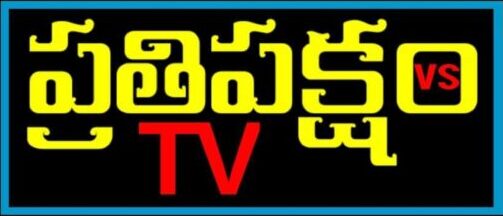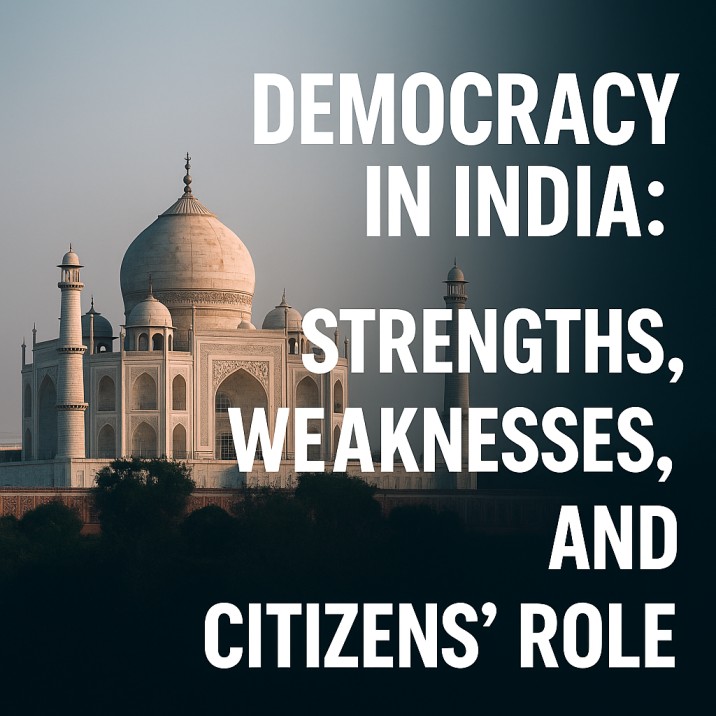In any democracy, the ruling party may form the government, but the opposition is the lifeline that ensures accountability. Without a strong opposition, democracy risks turning into one-sided rule.
In India, opposition parties have historically played crucial roles — from resisting the Emergency, to exposing corruption scandals, to standing by farmers and workers in their struggles. Their duty is not merely to criticize but also to scrutinize government policies, highlight flaws, and suggest constructive alternatives.
However, in today’s politics, opposition parties face serious challenges. Money power, media influence, and political machinery are often in the hands of ruling parties, leaving the opposition with limited platforms to be heard. In some cases, opposition parties too become self-serving, focusing more on power struggles than on people’s issues. This disconnect weakens democracy.
When the opposition is weak, the ruling party gains unchecked authority. Policies and laws may pass without adequate debate, eroding democratic accountability. This is why a responsible opposition must act as a constructive critic — pointing out flaws while also presenting alternative solutions.
Citizens, too, have a role. Just as they hold ruling parties accountable, they must also question the opposition: Are they raising the right issues? Are they truly representing people’s voices?
A strong opposition does more than criticize; it provides hope and an alternative vision. It is the balancing force that keeps democracy alive and meaningful.

